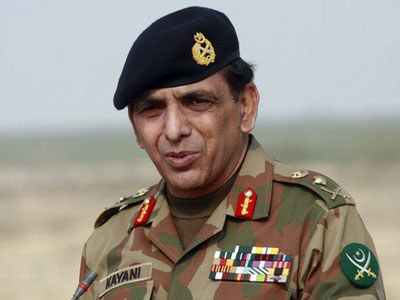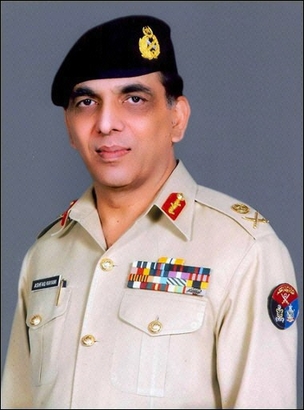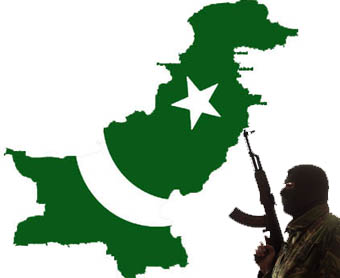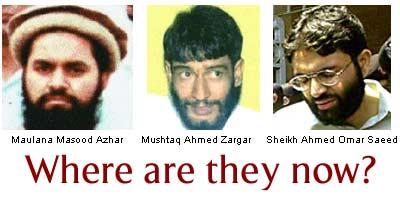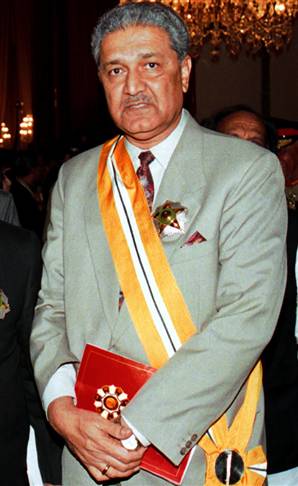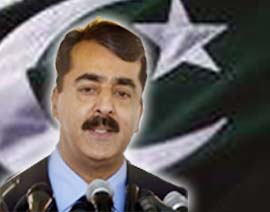As mass graves continue to spew forth more bloody tales - 10 more bodies have been recovered, bringing the toll to 76 - what is emerging slowly is a larger design behind the apparently senseless killing over the past couple of days.
The preliminary interrogation of some of the rebels has thrown up the name of Salauddin Qadeer Chowdhury, a well-known shipping magnate and reportedly very close to the Pakistan military-intelligence complex and the opposition BNP. According to sources monitoring the situation, about one crore taka has already changed hands to help the mutiny along.
Chowdhury, a close associate of opposition BNP leader Begum Khaleda Zia, was closely connected to the Chittagong arms drop case of April 2004 - the arms were apparently intended for ULFA. The ships were caught carrying the arms.
Salauddin Chowdhury, belonging to an old Chittagong family, has been close to Pakistan for decades.
Trouble continues to brew in Dhaka, where the army cadres, particularly mid-level officers, are spoiling for a fight with the Bangladesh Rifles (BDR) cadres. So far, the Bangladesh army leaders, led by army chief Moeen Ahmed, have kept the officers in check, which is making the present situation slightly different from 1975.
According to the fire service operations chief, Sheikh Mohammad Shahjalal, 50 officers are still missing. "We have so far removed 10 dead bodies. They are badly decomposed and many are mutilated," he said. "They not only shot them dead but some bodies were badly mutilated with bayonets," Shahjalal said.
It is increasingly clear that the chief targets are the army chief Moeen Ahmed and prime minister Sheikh Hasina who, reports say, has been moved to an army guest house for her personal safety.
In fact, a number of plots are surfacing, all intended to create confusion while the real targets would have been attacked.
Sources are also pointing to the scale of the brutality of the murders, the mutilations, etc, which they say are tell-tale signs of the Islamist ideologies that have infiltrated the lower cadres of the BDR, thanks to their extensive Jamaat-e-Islami and Jamaat-ul-Mujahideen Bangladesh (JMB) connections.
Behind the mutiny is the war crimes tribunal that Sheikh Hasina promised to set up for the trial of Pakistani collaborators or razakars from the independence war. This had created trouble inside Bangladesh and Pakistan as well.
In fact, Pakistan president Asif Ali Zardari sent an emissary to Sheikh Hasina, Pervez Ispahani, to persuade her to put off this trial as it could embarrass the Pak army considerably.
After the dust has settled down, Sheikh Hasina and Ahmed are likely to launch a purge of their own in the army, which is likely to create its own tensions. In any case, it promises to keep Sheikh Hasina off balance for a while, as Bangladesh joins other tottering nations on India's periphery.



